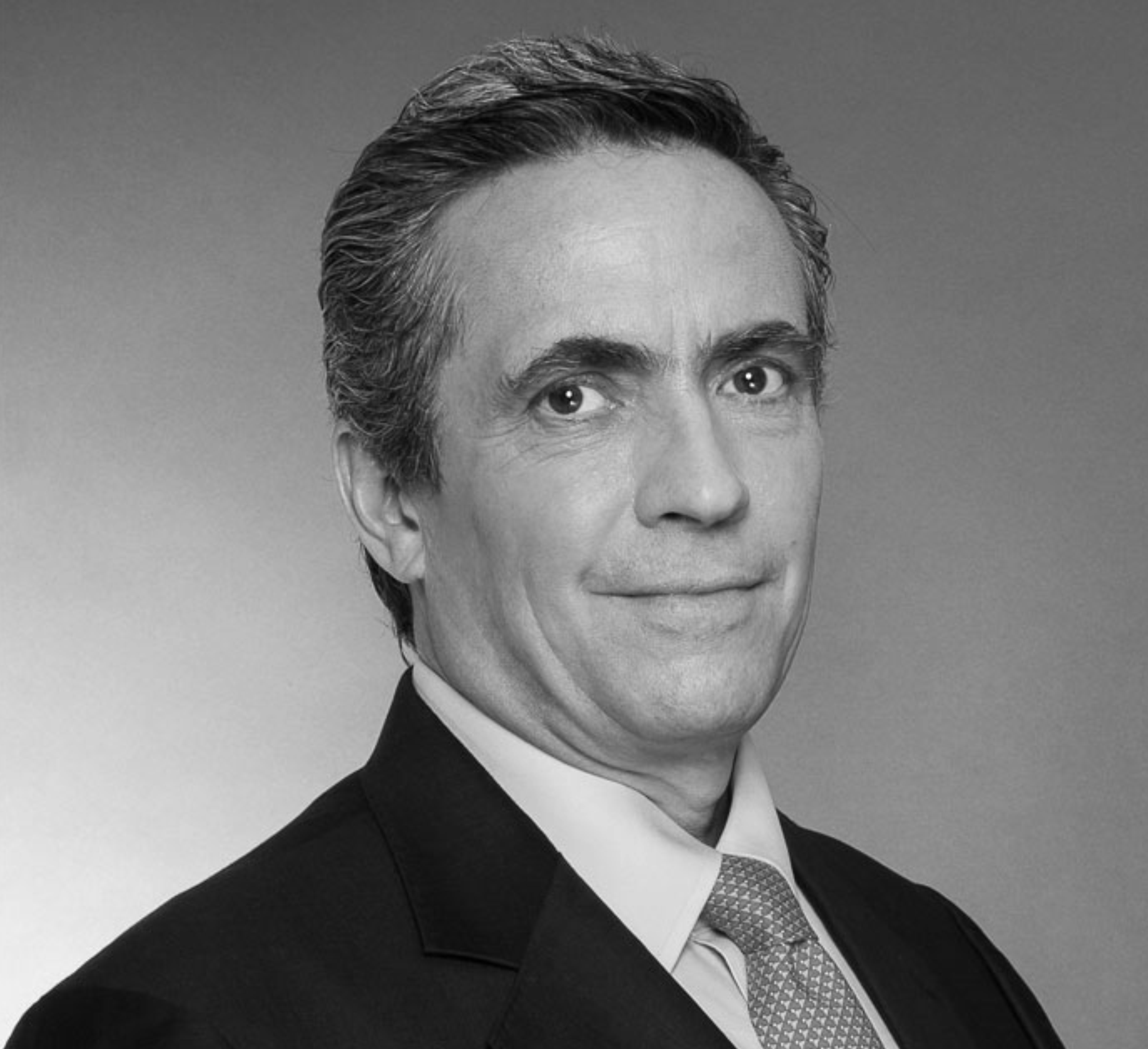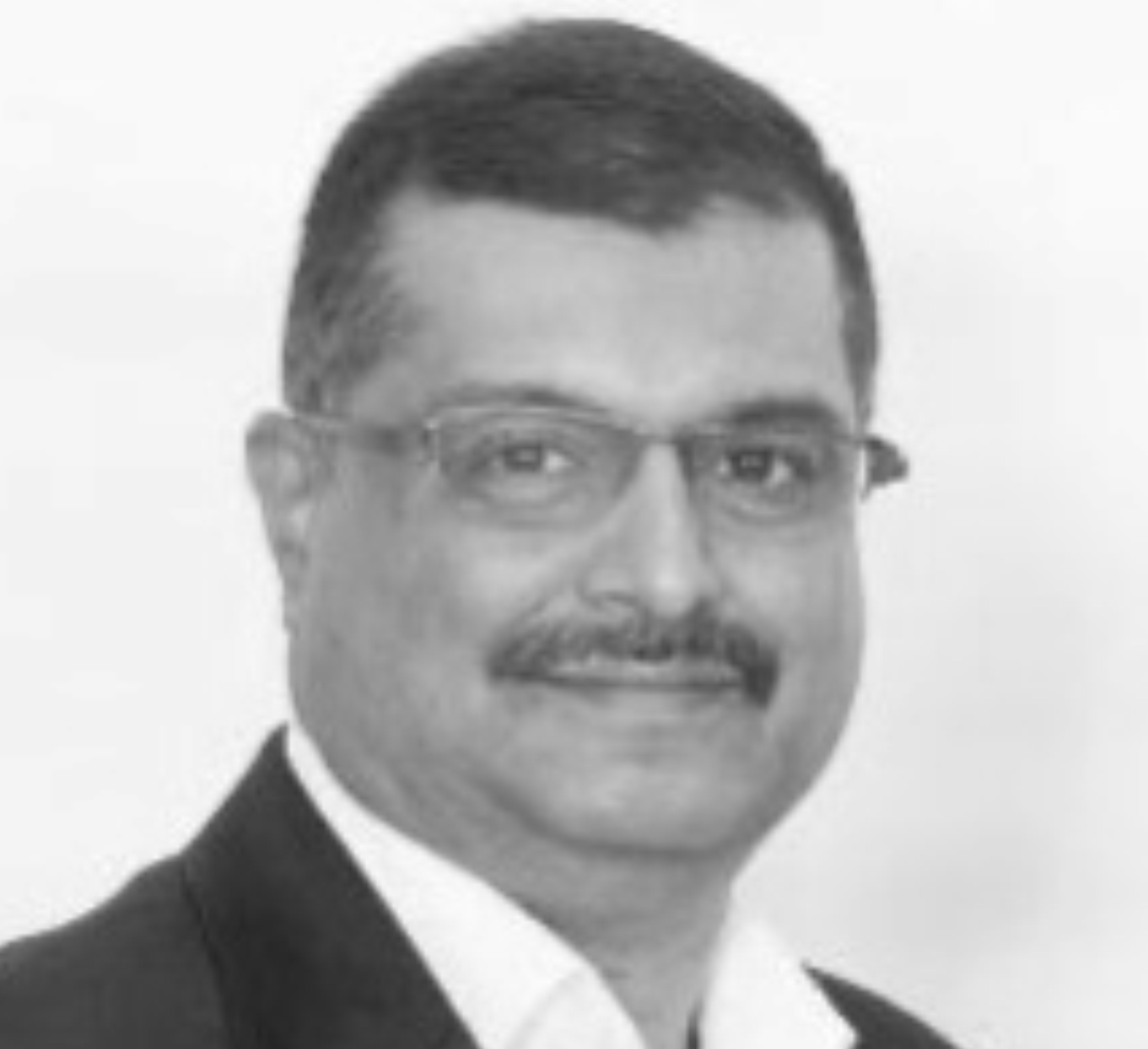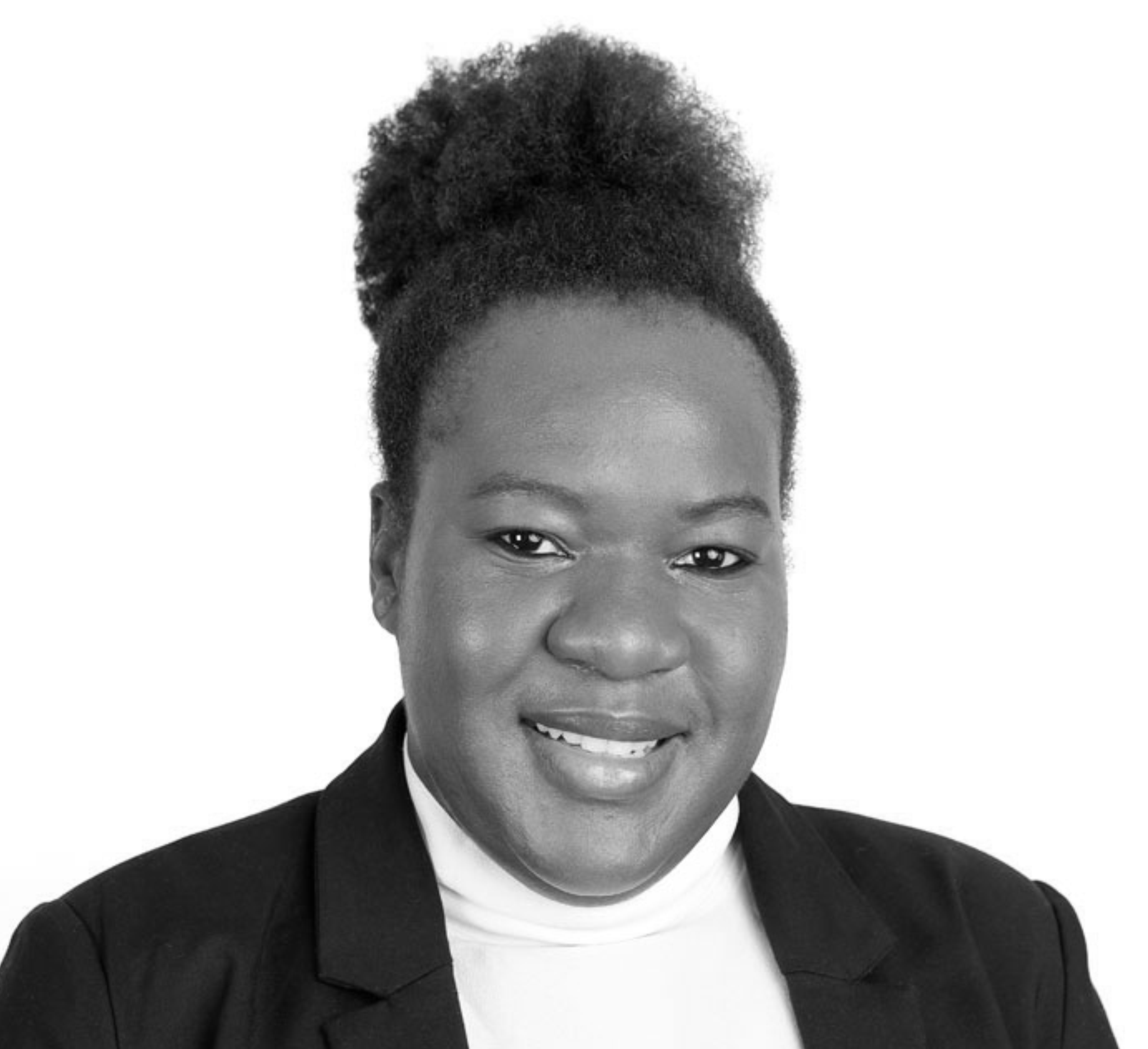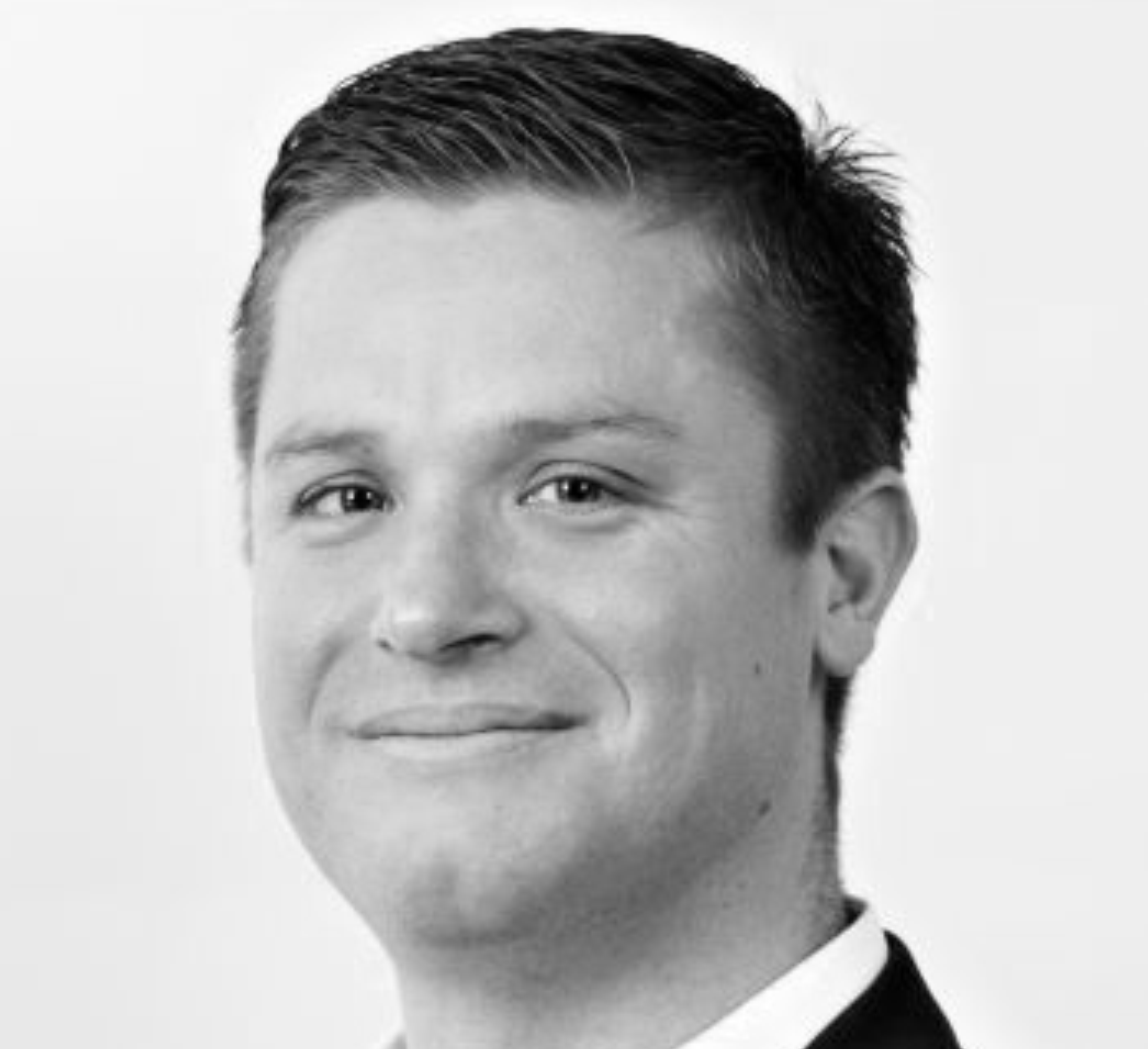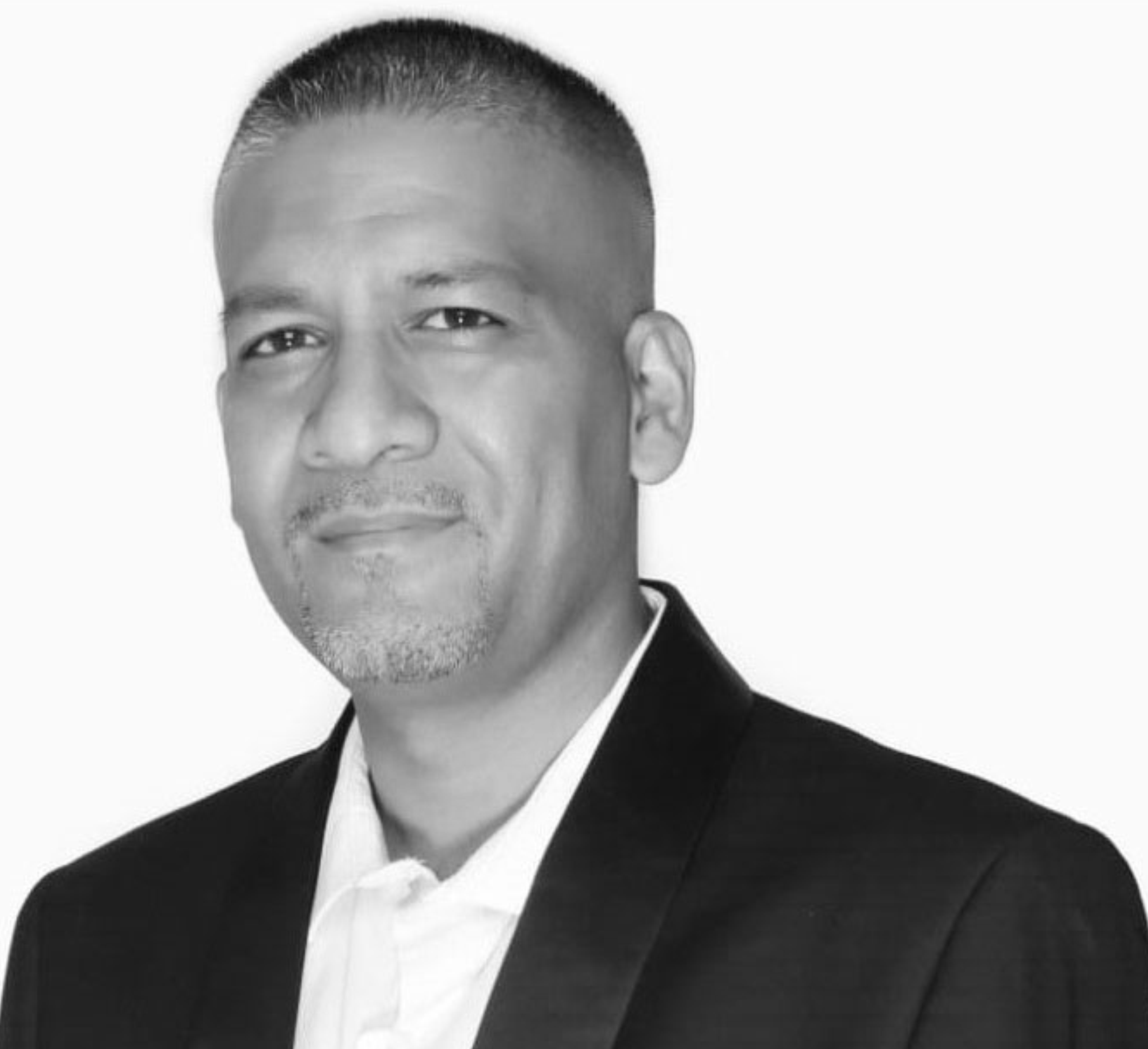146: Angel Garcia-Lascurain Valero
‘The role of the CFO has increased substantially in the past couple of years.’
IMEF will be hosting a conference in November this year focusing on the economic reactivation for the post-pandemic era. National President, Angel Garcia-Lascurain Valero, confirms that the chief economist of the World Bank and two Nobel Prize winners will be providing presentations.

CIARAN RYAN: Today’s podcast is sponsored by Draftworx, which provides automated drafting and working paper financial software to more than 8000 accounting and auditing firms and corporations. CFO Talks is a brand of the South African Institute of Business Accountants. It’s my great pleasure today to welcome Angel Garcia-Lascurain Valero, who has more than 30 years’ experience professionally, he’s held senior management positions in the national bank of Mexico called Banamex and he also worked in the presidency of the Republic of Mexico as Director of Agreements of the economic cabinet. Later, he worked in the telecommunications sector at Avantel and then at Embratel in Brazil, as well as Telmex International, so that’s a very strong telecommunications background there. Then later he served as CEO of Nextwave Wireless Mexico, which is a wireless broadband technology development company. For the last 12 years, he’s been managing partner of AMCG and Tantum Mexico, a leading international consulting and executive training company that works in best practices for corporate management. He’s also a professor and academic co-ordinator of the seminar for the certification in the direction of planning, execution and management of strategies at Universidad Anahuac. He’s professor and academic co-ordinator of the course on government, strategic planning and execution at ITAM and he currently holds the position of National President of IMEF, the Mexican Institute of Finance Executives, which is holding a conference later this year in November. IMEF is a founding member of the International Association of Financial Executives Institutes. That’s a very long introduction, Angel, but let me give you a warm welcome to CFO Talks, I guess we are talking to you from Mexico City?
ANGEL GARCIA-LASCURAIN VALERO: Yes, I am based in Mexico City. Thank you, Ciaran, I’m very happy to be on your programme, thank you for the interview.
CIARAN RYAN: You’re most welcome. We are also joined by Nicolaas van Wyk, who is the CEO of the South African Institute of Business Accountants. Welcome, Nicolaas. Angel, if you can just tell us a little bit about IMEF, when was it established and what is its role in Mexico?
ANGEL GARCIA-LASCURAIN VALERO: IMEF is the Mexican Institute of Finance Executives, the organisation was born in 1961, we’re about to celebrate our sixtieth anniversary. It was founded as a non-profit civil association that integrates financial executives in different sectors of the economy or executives who have an interest in financial management excellence. We integrate not only CFOs but also planning directors, human resources directors and CEOs of companies who are interested in the excellence of financial management. We have a clear mission that has been followed throughout the six decades that we have as an organisation. We have the mission of being the reference institution of knowledge, of research, of dissemination and of exchange of best practices of financial and economic management with a social focus on Mexico. We also have a strong focus on economic analysis, and we do a very close follow-up of the Mexican economy as well.
CIARAN RYAN: Okay, 60 years, that’s a long history, so you’ve been around for quite some time. You’re the National President of IMEF, maybe just explain what direction are you taking IMEF during your presidency and are there major strategic projects that you have implemented?
ANGEL GARCIA-LASCURAIN VALERO: We’re an organisation that is structured on a matrix-type organisation. We have 21 technical commissions, technical groups, that meet every month within the topics that we review, for example, tax matters, we also review financial interpretation on the different perspectives, banking financial interpretation and non-banking interpretation. We have three committees that are focused on economic analysis, the economic studies committee that publishes every month a macroeconomic forecast of the Mexican economy. We also do a monthly survey of companies around the country to see if they’re planning new investments of hiring additional personnel, and this is an indicator that we publish every month that is a proxy indicator of the short-term direction of the Mexican economy. We have also just established an economic cycles committee that is new to Mexico and will also contribute to full economic review of the Mexican economy. We also have a regional or geographical structure to have a presence in other countries, Mexico is divided into 30 states, and we have a group in each of the Mexican states. So we have this matrix-type organisation that has a technical perspective and also a regional presence throughout Mexico. We have faced a different challenge, especially with the coming of the Covid pandemic, we first migrated to full online operations with the health restrictions that the Mexican government imposed. So we had to migrate very quickly, we are an organisation that basically operates through public events, we hold more than 200 public events each year, and we had to do a quick migration to digital means of communication. We also faced financial challenges due to the economic impact of the Covid-19 pandemic. Some of the members of IMEF were focused more on the protection of their companies in this different environment. So we faced some financial challenges that we have overcome in the past months. We also have a very important commitment proposed to Mexican society and the Mexican authorities, a better way of doing different measures of economic policies. So we have an internal commitment to our members to provide them with technical excellence on financial and economic matters that are of interest to them. We also have a responsibility to contribute to Mexico’s development through the continuous presentation of ideas and of new perspectives on macroeconomic topics.
‘We have very close contact with government and a very strong interaction with them.’
CIARAN RYAN: What is quite fascinating and I want to bring in Nicolaas van Wyk here in a minute, but the very fact that you have got this 60-year history, you have 200 public meetings per year and you have more than 20 committees, you’re clearly doing this because…do you interact with government and do you try to influence policy in Mexico, is that the purpose of all of this?
ANGEL GARCIA-LASCURAIN VALERO: We have in general terms two main objectives as an organisation, first to promote the professional advancement of our members, to give access to them to the latest financial practices and the latest management practices in general for their professional development but we also have a very strong commitment to the development of our country. So, yes, we meet regularly with authorities [unclear] very well respected in Mexico and in society in general but also with the authorities. So we meet regularly with them and we provide the perspective of financial management of Mexican companies, two different topics of macroeconomic policy in general. So, yes, we have very close contact with government and a very strong interaction with them.
CIARAN RYAN: Nicolaas, what do you think about this, I think my eyes have just been opened here, to the extent that here you have senior finance executives who are doing research, they have these committees, they’re obviously looking very broadly around the world at what is happening and influencing government policy. Do we have anything like that going on in South Africa or is this something terribly lacking, in your opinion?
NICOLAAS VAN WYK: It is something that’s terribly lacking. So that’s partly the reason why we have asked the IMEF if we can attend their upcoming conference, there is so much that we can learn from them. At the moment our CFO community is not as organised and there’s not really a contribution made at different government levels. For many years the focus was primarily on auditing and accountants assisting private clients with preparing financials. So we’ve got very good standards adopted in South Africa, all the international standards when it comes to auditing and IFRS, and even SAIBA itself provides support to members in practice. But round about 2016, SAIBA realised that there is a lack in our economic approach of the country and that there’s no unifying voice for senior finance executives, setting ethical criteria, setting standards of conduct, doing the research, sharing economic outlook and giving feedback from CFOs to government policy makers. That’s why we started the designation for finance executives in South Africa, our CFO (SA) designation, registered with SAQA, and started CFO Talks, bringing in international speakers like Angel to share best practice, and then growing from strength to strength. At the moment we are focusing on a lot of CPD and executive education with various business schools. But our next phase would be, firstly, expanding internationally, our networks and then doing exactly what Angel is now saying, as CFOs I think we need to play a much more active role and we’ve seen the damage that accounting can do to an economy, we just went through this whole state capture process in South Africa, some estimates are that there’s R500 billion lost to our economy. At some point a finance executive either participated or looked a different way or didn’t give enough attention to the transactions occurring and that has serious economic effects. So having an organised CFO group is of the utmost importance.
CIARAN RYAN: Thanks for that, Nicolaas. Angel, just going back to IMEF again, what is the membership criteria and is there any way that South African CFOs and finance executives can participate in those activities that you do?
ANGEL GARCIA-LASCURAIN VALERO: Sure, we integrate 1500 executives nationwide in Mexico, most of them are CFOs. We are an organisation that is not focused on having a massive participation but more a top-level executive participation. The discussions that we have are very technically based and oriented towards the top management of the company. So we look forward to integrate in our meetings, in our committees, individuals who can share their experience on managing small, medium and large organisations under different circumstances with different challenges, and to share with the rest of the membership their perspective and their experience. With the pandemic we have migrated all of our activities to online, all our activities are recorded and we have seen a growing presence of members outside of Mexico who want to have access to this information and to participate in the discussion. So it’s perfectly feasible for any member in South Africa to participate in IMEF and we will gladly receive them, of course, it is very feasible.
CIARAN RYAN: Wow, that’s good to know. Just changing the subject a little bit, tell us about yourself, where did you grow up, are you from Mexico City originally, what did you study, how did your career develop and how were you drawn to accounting?
ANGEL GARCIA-LASCURAIN VALERO: Well, I am an economist by profession, I also have a master’s in economics. I grew up in Mexico City and I always liked economic policy and economic analysis because it integrates a social perspective of a country in general, how it can be developed, how it can be improve the standard of living of the Mexican population, but it also has the tools necessary to promote a better environment for the Mexican economy with quantitative tools and econometric tools that provide, from my perspective, a very integral formation for any professional to be able to develop and to grow in an environment such as the Mexican financial environment. So it’s a very broad career that can offer different paths of professional development. So I am very happy to be an economist.
CIARAN RYAN: Okay, so economics is your strong suit there. Did you study in the United States at all or were all your studies done in Mexico?
ANGEL GARCIA-LASCURAIN VALERO: No, only in Mexico, all my studies have been done in Mexico City.
CIARAN RYAN: Is English very much part of what’s required in your professional life? You’re engaging a lot with your colleagues in the United States.
ANGEL GARCIA-LASCURAIN VALERO: Yes, my English is not very good, as you can see [laughing]…
CIARAN RYAN: It’s pretty good.
ANGEL GARCIA-LASCURAIN VALERO: We have a very strong influence from the US because our economy is very strongly integrated to the American economy. So we receive a lot of information from the United States through businesses conducted with the Americans on a daily basis. So yes, we have a lot of influence from the US, and the English is required if you want to develop in Mexico, any type of business or professional activity.
‘CFOs must have a strong technological knowledge.’
CIARAN RYAN: Just broadening out the subject a little bit to look at the world at large and some of the issues that you’re facing there, you’ve already talked about having to go online and deliver so many of these services or interactions, they’re now happening online. What are the big issues facing senior finance executives in the world today in the age of Coronavirus and with all the tighter regulations we’re seeing around the world, is it cashflow, is it managing teams remotely? What do you think are the big issues?
ANGEL GARCIA-LASCURAIN VALERO: I think the organisations in general have gone through different stages. When the pandemic first struck, the main concern for our organisation was to maintain operational visibility and to protect cash to be able to make all the necessary payments, so that the companies can continue to operate and can survive from those challenges. The challenges that companies are facing today, are a different transition, a transition to a new normality, which is going to be different to the reality that we faced before the pandemic. I think the new normality will require a lot more technological perspective from financial executives. Financial executives have a stronger impact on their organisations today, a transversal – I don’t know if that’s the right word – impact on the organisation. CFOs must have a strong technological knowledge, also strategic knowledge across the company, I think financial structuring after the pandemic requires a wider presence of the CFO within the company, having an impact on the strategic decisions, technological decisions and human capital decisions as well. I think the role of the CFO has increased substantially in the past couple of years.
CIARAN RYAN: Nicolaas, can you jump in here, that’s quite an interesting point that’s been raised, the role of the CFO has changed dramatically in the last 18 months and cashflow being one of the biggest issues that’s facing them. But it’s also this issue of how you manage teams and how you deliver some of your services remotely. What’s your take on this?
NICOLAAS VAN WYK: Yes, we’ve seen exactly the same thing and there have been many papers published about the modern CFO or the changing role of the CFO, and that has to do with external environmental pressure on companies, changing economic circumstances, world events, technology and AI. But CFOs are very adaptive, and they have really responded, so what we have seen is a solid accounting qualification but then obviously doing your three-year articles. But then there’s a move towards the whole operational side of business and well-rounded CFOs usually go through the accounting side but then moving into operations and business management, HR and technology. Many of them do a stint as COOs and then they end up as CFOs, so they are very well-rounded and highly trained executives. What we have also seen is that there’s a growing development of non-accounting, non-traditional accounting candidates moving into the CFO role. We recently interviewed, for example, the CFO of Hollard Insurance, and they appointed one of their actuaries to perform that function of CFO. So then having more of a management perspective it means more of an all-rounder and then they rely on accountants in IFRS or specialists to assist them. So it is a very dynamic area, I would really recommend any student who wants to study accounting to take a CFO route and we are working closely with universities to see if we can shorten the development stage of CFOs, and because they are highly sought after individuals, there’s a big shortage of them, of good ones, and then how we can adapt the BCom accounting degrees to fit better with what we expect of our CFOs. So it’s a worldwide phenomenon, this changing role and it’s also quite exciting.
CIARAN RYAN: Fascinating. Angel, coming back to you, there is this conference that Nicolaas mentioned a little bit earlier, the IMEF conference is happening in November. Maybe just talk about that, what is the theme of the conference, what are going to be some of the subjects on the agenda and some of the speakers, maybe you can tell us about that.
ANGEL GARCIA-LASCURAIN VALERO: The title of the conference is New Economy, Private Initiatives, Public Policies and Development. We are planning the conference on the scenario of economic reactivation for the post-pandemic era. What should be the components of a successful economy in the medium term and we will review, for example, the presence of new ways of working, the impact of technology, the proliferation of new digital financial intermediation mechanisms, the impact of the [unclear] industry in the organisations in general, health protection. We will also be covering topics on equality and female empowerment, and also on the positive impact of companies in general, the role of the private sector in promoting social and environmental topics. Also, on the balance of powers within a successful economy, what should be the balance of power be between the presidency, the congress and the rest of the political structure. We will also be talking on transparency in corporate government and in general we will be covering discussions on what should be the components of a successful economy in the medium term, in the post-pandemic era.
CIARAN RYAN: I know that Nicolaas is trying to organise a delegation to go from South Africa and I think they do this pretty much every year but, of course, things have been disrupted because of Covid for the last 18 months. Is this all going to be in Spanish or is there going to be a mix of Spanish and English or are we going to rely on translations?
ANGEL GARCIA-LASCURAIN VALERO: It’s all going to be translated into English, some of the speakers are coming from different countries around the world, so everything is going to be translated to English. You can also have access to it through the internet, it’s going to be a hybrid event, both in Mexico City and you can access the event through the internet. All the presentations will be recorded at the event platform, and they can be downloaded at a convenient time for all the participants.
‘One million companies disappeared during the pandemic.’
CIARAN RYAN: Fantastic, okay. Maybe just a couple of quick questions in wrapping up here, give our listeners a sense of the current state of the Mexican economy and what are the big challenges and opportunities that you’re seeing?
ANGEL GARCIA-LASCURAIN VALERO: We are facing different challenges and opportunities. The Mexican economy declined during 2020 by 8.5%, it was the strongest decline in more than 100 years. The recession has hit us really hard, more than one million companies disappeared, here in Mexico we have about five million companies in the country and one million companies disappeared during the pandemic. Approximately 13 million people lost their job, Mexico is a country that has 130 million inhabitants but close to 13 million lost their jobs. We are seeing during the current year a recovery that has been based mainly on the reactivation of everyday activities as the vaccination programmes continue, activities are coming back to normal, so the economy is recovering because of that but also because of the strong demand from the American economy, we have a free trade agreement with the US and Canada, so the strong growth in the US is also helping Mexico to increase demand for Mexican products and services. But the local economy is still very depressed, local investment and local consortium are still at very low levels, even lower than prior to the pandemic. So we have a lot of challenges still to promote economic growth based on local internal demand, not only external demand from the US, but internal demand. So we have a lot of challenges ahead. Based on that is why we designed our convention on the components of the financial and economic structure that can be successful to Mexico based on these conditions.
NICOLAAS VAN WYK: Thank you, if I may just also comment on that, one of the reasons we are so eager to attend the conference from South Africa’s side, it’s also done in conjunction with International Association of Financial Executives Institutes or IAFEI, and IMEF has kindly agreed that IAFEI can participate. So it’s now more like a world congress of CFOs. SAIBA participated in the world congress, we first hosted our own world congress with IAFEI in 2016 when we launched our designation for CFOs and then later sent a delegation to Brazil in Sao Paolo, and then we attended one in Italy, and then there was a second one in Italy in Matera. So we are really looking forward to send a South African delegation and participate with our Mexican colleagues, discussing these important topics. What we usually do is we arrange about 30 people who buy a tourist package and then obviously we make this like a business experience, the idea is to network with our international colleagues to build business relationships, to consider business opportunities and networking, and then also to look at the cultural developments and historical artefacts within Mexico City and bring all of that knowledge back to South Africa to help grow our local economy. So we are really looking forward to it but it’s obviously travel restrictions dependent but we’ll give more information to the market once we have more detail.
ANGEL GARCIA-LASCURAIN VALERO: If I can comment with more detail on the topics of the convention. We will, for example, discuss border security, immigration and economic development, what is the impact of immigration on the economy. We will also have the vision of the World Bank, we have the chief economist of the World Bank speaking at the conference. We have two Nobel Prize winners, who will also share their knowledge on the future of the international economy. These are topics that in general apply to different countries, the event is not only focused on Mexico, the event is focused on what different economies can integrate to be successful in the medium term and we will have the perspective of internationally-recognised speakers during the convention.
CIARAN RYAN: That sounds like a conference not to be missed. If you’ve got the chief economist from the World Bank and two Nobel Prize winners, I think this is truly becoming a global conference that is going to share some insights into the future direction, not only of the economies, but of the role of the CFO and finance executives around the world. What do you think, Nicolaas, this is something not to be missed?
NICOLAAS VAN WYK: I agree, I’m just thinking from past events that we attended, the delegates who attended come back very much transformed, invigorated, new ideas, new creativity is being unlocked. Then, obviously, you’ve built this network of international CFOs and that is in such short supply these days, and it can really take your career to the next level. If you’re a CFO and you need to expand and develop your own career, you can only do so if you build your networks, and this is the purpose of us taking a delegation to Mexico.
CIARAN RYAN: Fantastic, okay, I think we are going to leave it there. I want to thank you both, Angel and Nicolass, for coming on. I think this is something that we really want to keep on top of and when this conference is virtually available to us, we obviously want to plug in there and keep our listeners and our readers informed about what is going on. So thank you both very much for coming on to CFO Talks.
ANGEL GARCIA-LASCURAIN VALERO: Thank you, Ciaran, for the invitation, it is my pleasure, thank you very much.
NICOLAAS VAN WYK: Thank you very much, Ciaran, and thank you Angel, hopefully we can meet each other in Mexico, that will be great.

